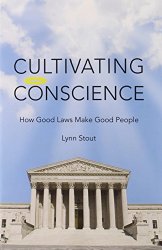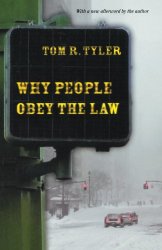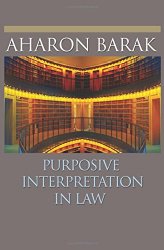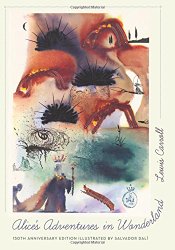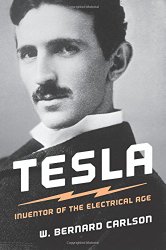Contemporary law and public policy often treat human beings as selfish creatures who respond only to punishments and rewards. Yet every day we behave unselfishly–few of us mug the elderly or steal the paper from our neighbor’s yard, and many of us go out of our way to help strangers. We nevertheless overlook our …
Princeton University Press
The Right Wrong Man: John Demjanjuk and the Last Great Nazi War Crimes Trial
In 2009, Harper’s Magazine sent war-crimes expert Lawrence Douglas to Munich to cover the last chapter of the lengthiest case ever to arise from the Holocaust: the trial of eighty-nine-year-old John Demjanjuk. Demjanjuk’s legal odyssey began in 1975, when American investigators received evidence alleging that the Cleveland autoworker and naturalized US citizen had collaborated in Nazi genocide. In …
Quantitative Techniques for Competition and Antitrust Analysis
This book combines practical guidance and theoretical background for analysts using empirical techniques in competition and antitrust investigations. Peter Davis and Eliana Garcés show how to integrate empirical methods, economic theory, and broad evidence about industry in order to provide high-quality, robust empirical work that is tailored to the nature and quality of data …
The Copyright Wars: Three Centuries of Trans-Atlantic Battle
Today’s copyright wars can seem unprecedented. Sparked by the digital revolution that has made copyright–and its violation–a part of everyday life, fights over intellectual property have pitted creators, Hollywood, and governments against consumers, pirates, Silicon Valley, and open-access advocates. But while the digital generation can be forgiven for thinking the dispute between, for example, the publishing industry and …
People obey the law if they believe it’s legitimate, not because they fear punishment–this is the startling conclusion of Tom Tyler’s classic study. Tyler suggests that lawmakers and law enforcers would do much better to make legal systems worthy of respect than to try to instill fear of punishment. He finds that people obey …
Hiding from Humanity: Disgust, Shame, and the Law (Princeton Paperbacks)
Should laws about sex and pornography be based on social conventions about what is disgusting? Should felons be required to display bumper stickers or wear T-shirts that announce their crimes? This powerful and elegantly written book, by one of America’s most influential philosophers, presents a critique of the role that shame and disgust play …
This book presents a comprehensive theory of legal interpretation, by a leading judge and legal theorist. Currently, legal philosophers and jurists apply different theories of interpretation to constitutions, statutes, rules, wills, and contracts. Aharon Barak argues that an alternative approach–purposive interpretation–allows jurists and scholars to approach all legal texts in a similar manner while …
The Original Folk and Fairy Tales of the Brothers Grimm: The Complete First Edition
When Jacob and Wilhelm Grimm published their Children’s and Household Tales in 1812, followed by a second volume in 1815, they had no idea that such stories as “Rapunzel,” “Hansel and Gretel,” and “Cinderella” would become the most celebrated in the world. Yet few people today are familiar with the majority of tales from …
Commemorating the 150th anniversary of one of the most beloved classics of children’s literature, this illustrated edition presents Alice like you’ve never seen her before. In 1865, Charles Lutwidge Dodgson, an Oxford mathematician and Anglican deacon, published a story about a little girl who tumbles down a rabbit hole. Thus was …
Nikola Tesla was a major contributor to the electrical revolution that transformed daily life at the turn of the twentieth century. His inventions, patents, and theoretical work formed the basis of modern AC electricity, and contributed to the development of radio and television. Like his competitor Thomas Edison, Tesla was one of America’s first celebrity scientists, enjoying the …
